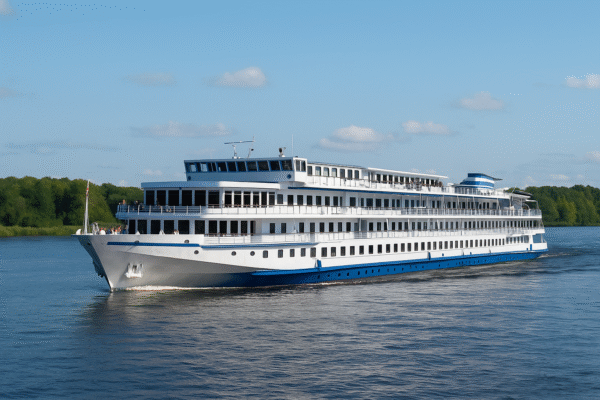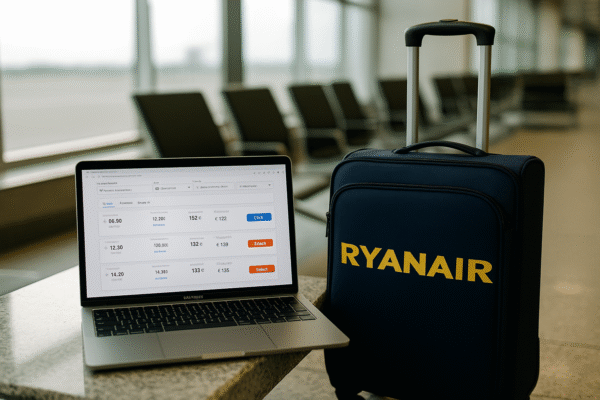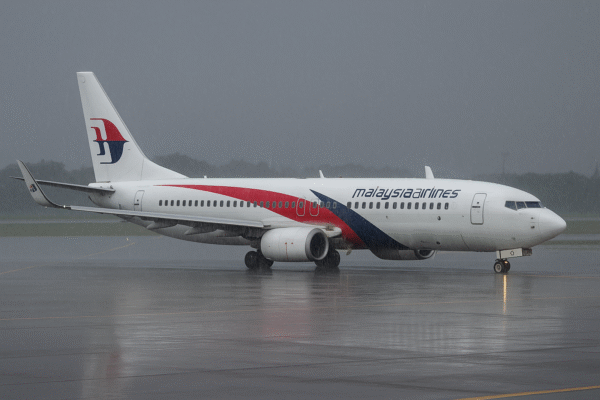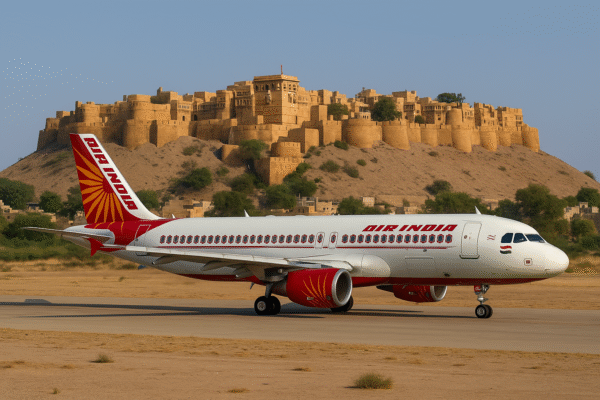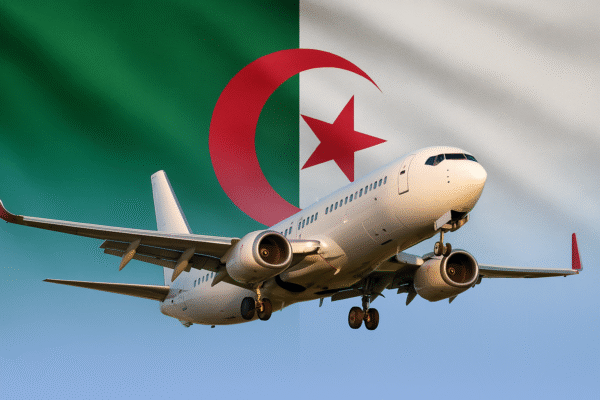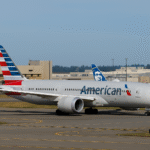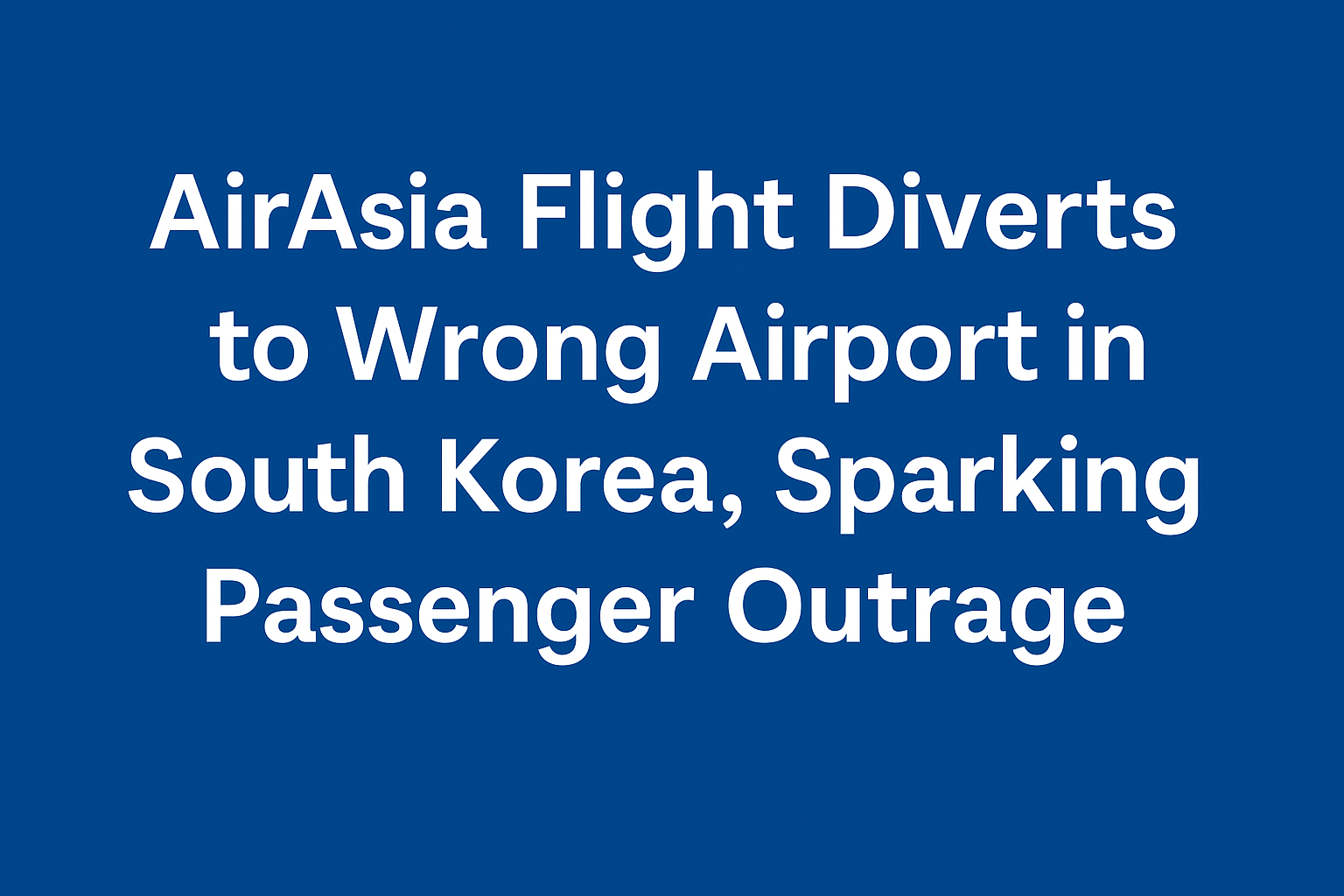In 2025, Air Algérie officially merged with Tassili Airlines, marking a transformative milestone for Algeria’s aviation and tourism sectors. The merger unites the strengths of both carriers to create a more competitive airline that expands domestic and international connectivity. By integrating Tassili’s strong regional expertise with Air Algérie’s established global reach, the unified airline aims to streamline operations, cut costs, and enhance passenger experiences.
The decision comes at a time when Algeria’s tourism is gaining global attention, with the country positioning itself as a North African travel hub. With expanded flight options, Algeria is now more accessible to visitors eager to explore its UNESCO World Heritage sites, Mediterranean coastline, and Sahara landscapes.
Boosting Regional Connectivity and Global Reach
One of the key goals of the merger is to strengthen regional connectivity, ensuring that both international travelers and domestic tourists can easily reach Algeria’s hidden gems. Tassili Airlines, once focused mainly on domestic and charter operations, brings valuable expertise in connecting remote regions such as Ghardaïa, Tamanrasset, and the M’Zab Valley.
Air Algérie, already offering routes to Paris, Madrid, Frankfurt, Riyadh, and Bamako, will integrate Tassili’s domestic operations to provide seamless journeys. This means travelers can now fly from Europe or the Middle East directly into Algeria’s regional cities, minimizing the need for multiple transfers.
Algiers’ Houari Boumediene International Airport will remain the central hub, with increased frequencies to major European capitals and growing services to new markets in West Africa, the Middle East, and beyond.
Unlocking Algeria’s Tourism Potential
With its Mediterranean beaches, Roman ruins, mountain ranges, and Sahara oases, Algeria has long been considered an underexplored destination. The merger’s timing is strategic, aligning with the government’s efforts to diversify the economy through tourism.
Among Algeria’s most attractive tourist highlights:
- The Casbah of Algiers – A UNESCO-listed old town with narrow alleys and Ottoman-era architecture.
- Timgad and Djemila – Roman ruins featuring amphitheaters, mosaics, and ancient streets.
- Sahara Desert – Vast golden dunes and traditional Tuareg culture in Tamanrasset and Djanet.
- Kabylie Mountains – Scenic landscapes with Berber villages and lush valleys.
- M’Zab Valley – An architectural marvel blending Islamic tradition and desert resilience.
Thanks to the expanded domestic network, these sites are now easier for international tourists to access. The shift is expected to drive growth in hotels, restaurants, tour operators, and local handicraft markets.
Modernizing Passenger Experience
The merger is not just about route expansion but also about improving service quality. Passengers will soon benefit from:
- A modernized fleet – Phasing out older planes for fuel-efficient models.
- Upgraded cabins – With more comfortable seating, entertainment, and connectivity.
- Improved booking platforms – Offering unified online reservations, mobile check-ins, and smoother baggage handling.
- Expanded inflight services – Including local Algerian cuisine alongside international options.
For both leisure travelers and business passengers, the combined airline promises greater convenience and competitive pricing.
Economic Impact and Job Creation
The aviation consolidation is projected to significantly boost Algeria’s economy, particularly in the tourism and hospitality industries. By increasing visitor arrivals, the airline will stimulate demand for hotels, guided tours, cultural festivals, and local businesses.
Additionally, the merged airline will generate new jobs in aviation and tourism, including roles for pilots, cabin crews, engineers, and ground staff. This aligns with Algeria’s broader national strategy to reduce unemployment and strengthen its service economy.
Commitment to Sustainability
Both Air Algérie and Tassili Airlines have pledged to prioritize environmentally responsible aviation. The merged carrier will:
- Transition to newer, fuel-efficient aircraft to reduce carbon emissions.
- Invest in sustainable aviation technologies.
- Support eco-tourism projects, particularly in fragile ecosystems such as the Sahara and Kabylie Mountains.
- Encourage responsible travel practices, ensuring Algeria’s natural and cultural treasures are preserved.
This green initiative positions Algeria as a forward-looking tourism destination committed to balancing growth with sustainability.
Algeria’s Rising Status in North African Tourism
The merger comes at a time when Algeria is competing with neighboring Morocco, Tunisia, and Egypt, which have long been leaders in North African tourism. However, Algeria differentiates itself with vast unexplored territories, authentic cultural immersion, and a growing focus on sustainable travel.
International travel analysts note that the expanded airline will give Algeria a competitive edge, especially in attracting tourists from Europe, the Middle East, and Sub-Saharan Africa who are looking for new destinations beyond the traditional hotspots.
Conclusion: A New Era for Algeria’s Travel Industry
The 2025 merger of Air Algérie and Tassili Airlines signals a bold new era for Algeria’s tourism and aviation sectors. With expanded networks, modern fleets, sustainable practices, and improved passenger services, the unified airline is set to transform Algeria into a leading North African travel hub.
From the ancient Roman ruins of Timgad to the sunset dunes of the Sahara, Algeria now has the aviation capacity to match its rich cultural and natural heritage. The merger is not only strengthening connectivity but also creating opportunities for communities across the country—making Algeria a destination poised to shine on the global tourism stage.
For more travel news like this, keep reading Global Travel Wire











